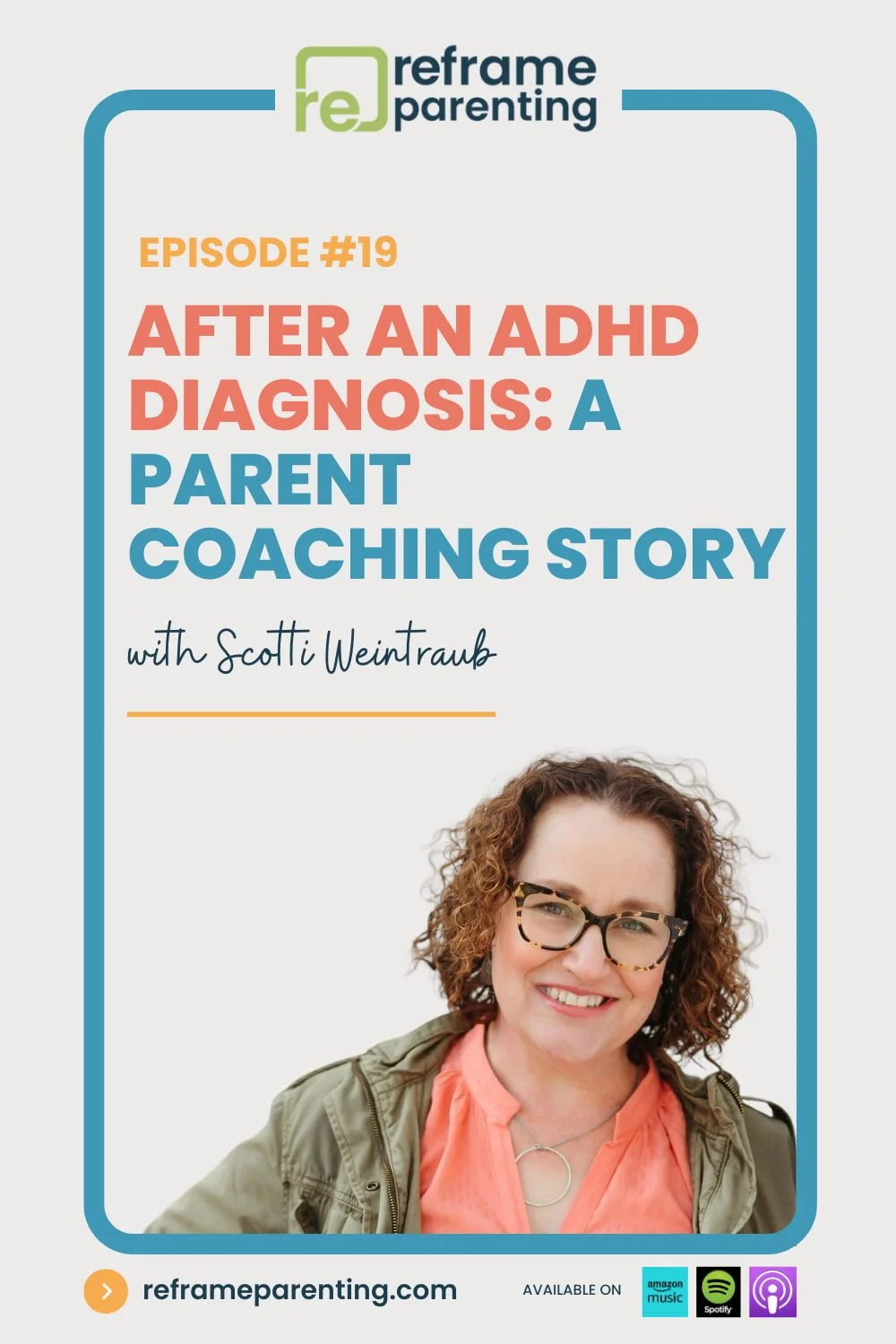Losing yourself in your parenting? Manage triggers with a quick Emotional First Aid tool.
If your child is struggling in some way, you are probably also struggling to manage your feelings about their situation. Few parents are fully prepared to deal with the emotional challenges of raising kids to begin with, so if issues crop up at school it’s common to experience a range of feelings such as frustration, fear, worry or defensiveness. It’s a natural response resulting from a fierce desire to protect our children when we haven’t identified concrete steps to help them or our child’s experience echoes something that was difficult in our own childhood. You are definitely not alone!
Every parenting expert explains the importance of maintaining a non-anxious presence but often glosses over the hows of achieving this state. Of course we all want to be the calm parent but perhaps pausing to breathe isn’t sufficient to manage every feeling before we snap or stuff them down. Unfortunately, kids are tuned into our mental states and can also detect when we’re pretending and putting on a good face. This is particularly true if you’re simultaneously experiencing a significant stressor such as divorce, change in job status, major loss or health condition or post-pandemic PTSD (hello, isn’t that everyone?). You may be managing life and not at an “I need therapy level”, but these disruptions may still be shaking your emotional foundation.
Let’s first clarify that it isn’t necessary or often possible to achieve a Zen state before plugging back in with your child. If you happen to be a high-achieving, high-octane professional who doesn’t have time for yoga or meditation, I get you and there’s good news. Taking a few minutes to pause and tune in can be amplified by using EFT Tapping which immediately calms your nervous system. EFT is a research-based, easy-to-learn and portable technique that can be used anytime anger or anxiety are depleting your inner reserves. EFT involves vocalizing stressors while simultaneously tapping on acupressure points on your head and upper body. This easy process helps neutralize the flight or flight response, aka the feeling that you’re ready to blow or crumple into a ball.
When used consistently over time, Tapping builds your emotional foundation and raises the threshold of what drives you crazy, which allows you to show up as the parent you want to be. Maintaining our mental health is critical to making clearer, balanced choices on behalf of our children. This includes decisions regarding what our children most need from us, as well as any external supports we’re considering on their behalf. When your child is suffering, don’t make the mistake of focusing all energy on problem-solving the child’s needs or you will quickly burnout. Take a few minutes every day to tune into your inner world and clear out the emotional residue. Then find one small thing that feeds and replenishes you, which may be as simple as petting your cat or feeling the sun on your face.
Here’s what a Tapping break might look like before you lose your cool:
Quietly tell your child you are stepping away for a few minutes and will be back shortly. Be sure your child is in a safe place themselves. You can also model Tapping in front of your child as long as you aren’t talking about the child directly.
Use the Tap and Breathe technique demonstrated in this video 4 minutes to Calm.
Return to your child and conduct any needed repair, such as apologizing for raising your voice or scaring them.
Explain that we all have big feelings that we need to manage and taking a break is a good way to do that. If appropriate, mention that it isn’t their responsibility to handle your feelings.
Ask if they would like a hug or another step of their choosing to reconnect and feel safe.








